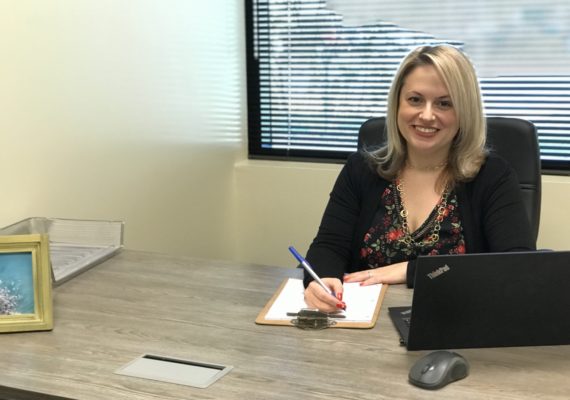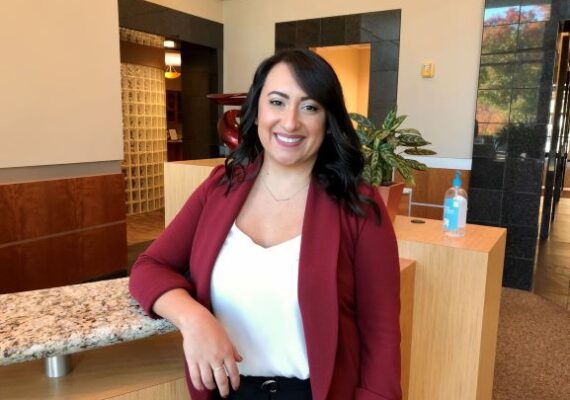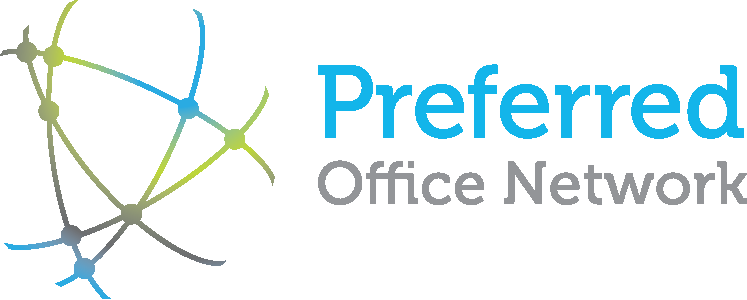At Business Workspaces, we consider ourselves lucky to have such an amazing community of members. Each month we have the pleasure of interviewing one of those great people and their business so that everyone has a chance to learn more about those within our community. This month we were able to speak with Dr. Charles Ware of Ware and Company, Inc. Take a look below to learn more:
Tell us about your company and what you do?
I do organizational management through the use of a sociological perspective. By trade, I’m an educational phycologist, and I take the brain-behavior model and cognitive behavioral therapy and go into organizations to help them recruit the organizational process. And so, I’ve been able to do that through a teaching modality and I’ve been able to do that privately under consulting since about 2008.
You seem like you wear many hats – How did you get started in this unique industry?
I do wear many hats, but I crafted my whole life on purpose – I did it specifically to get to the point where I am now. I fell into this industry. I owned a school in Las Vegas, and I bought into it because I got promoted very quickly. I started teaching there and six months later I was president and three years later I bought the school. I ran the school for about eight years before I came out to California. People started seeing the model that I used as a business model that was duplicatable and something that you could grow and everyone who is an entertainer wants to grow. They don’t want to be in their facility, their shop, their restaurant or wherever they are, forever. They want to get out. They saw that I was able to sell and get out and do the things that I wanted to do at an early age. So, I started teaching classes in Las Vegas and taught people how to do that and people then realized that I could duplicate their models for them. I started helping people initially and then started charging for it and then the city asked me to teach a class.
What is something about your business that most people do not know?
Our strategy is that there is only a finite certain number of problems that I see or that I come up with in any industry, but there’s an infinite amount of solutions. What people don’t know is, it’s just simply getting yourself at a spot of recognizing what to do for the problem. Usually what you see on the surface is not the problem. The surface area of the problem has a root. People don’t realize that we use things like cognitive behavioral therapy, like personality assessment to really focus on the root of the problem. If you have similar types of personalities in business, it’s not going to work- you have to have different people and people have to be allowed to be different in order for businesses to work.
What advice do you have for others interested in following this industry or for your mentors?
I do mentorships now and have projects with about 40 people that I mentor. My best advice is that if you have the opportunity to get out of the country or go experience another culture, or do something different than what you normally do, do it.
How old are the people that you usually mentor?
When I do cognitive behavioral therapy and work with children, the youngest child I have is eight. But I’ve worked with seventy-year-old individuals and anything in between.
Where do you see your business in 5 years?
For me, I like the fact that we are able to go into businesses and do it in a live fashion, but I think in five years-especially because of Covid, that we are going to move more online. I think it’s harder to capture the attention of people when we are online vs. having me live in a facility. I think that the online aspect will have to be improved.
Other than work, what are you passionate about?
I work too much. I go overseas and travel and work. I don’t really take vacations, I just work. If I do find time to relax, I shop a lot. I would be called a shopaholic. I am passionate about teaching all my kids. We give a lot of our money away. I’ve been lucky enough to be in the position where I can give away 30% of whatever I make to people. My five-year-old knows that we keep 30% of what we make, give away 30% of what we make, and we live off 30%. We are passionate about helping people who have the inability to help themselves.
What types of activities or hobbies do you enjoy outside of work?
I read a lot, a lot a lot. As you can probably see when you walk into my office. I came up in the fitness industry so working out has always been a daily thing for me.
Why did you choose Business Workspaces and how has working here helped your business?
When I first came in here there was a great vibe, and that was primarily one of the reasons I chose to come here. There are many places you can go, but the vibe here was just great. When I first got here and everything worked out, it got to a point where if I don’t come in, I feel off. You will notice if I’m not here for certain days, I will hate it because I’m not here in the workspace where people are calm and just generally nice. I don’t think I would get that anyplace else but here.
What makes you feel energized about your business?
The ability to see people succeed. When they come to me and say, “I have this issue” and we approach it and see a bit of success with their problem or issues, that’s heaven for me.
Do you have a daily habit that helps you be more successful?
Yes, I meditate daily from 2:30 pm – 3:00 pm. Since I have gotten more into the spiritual element of health for myself, which was around 2012 or so, I’ve taken 2:30-3:00 pm to mediate every single day which helps keep me aligned and calm. I’m generally calm by nature. I was a great paramedic and firefighter because I was really calm. For me, meditation daily is key for me to keep track of for my internal self. If for some reason I have skipped my daily meditation, I notice a change. Meditation comes in different levels- I do a lot of yoga to get in a position where I can mediate and become relaxed enough to meditate anywhere. We have to get back to taking what’s in the body and using what’s in the brain to get ourselves in a state if normalcy. That is very hard to do when you have all of this chatter- so meditation for me allows me to dim that chatter.
Can you meditate here in the office or do you need a quiet space dedicated to meditating?
No, I can mediate anywhere. I’ve been blessed and lucky enough to get myself in a state of mind where I can meditate pretty much anywhere.
Do you have a book that you often recommend or gift to people? Why?
It always depends on the level. You can’t tell from the interview, but the bookshelf I have in my office is all of the books that I would recommend to anyone. The bookshelf is all about leadership, it’s about just yourself. I think the most important book on that shelf is a book called “Wired That Way” by The Littauer’s. It’s a great book because it explains to you a different personality perspective about why you are wired a certain way and how that intel’s how you can change that and what you can do.
I am currently reading a book called “Attached”. Attachment syndrome and attachment characteristics has been around for a long time. Sometimes we call them enablers, sometimes we call them attachment syndrome. But that is something where you are in a relationship and you are almost reliant on the other person to be there all the time. I’m reading this because I have personally gone through that on both ends of it and to understand the client’s perspective as well. It’s a good book and it’s a newer book.









